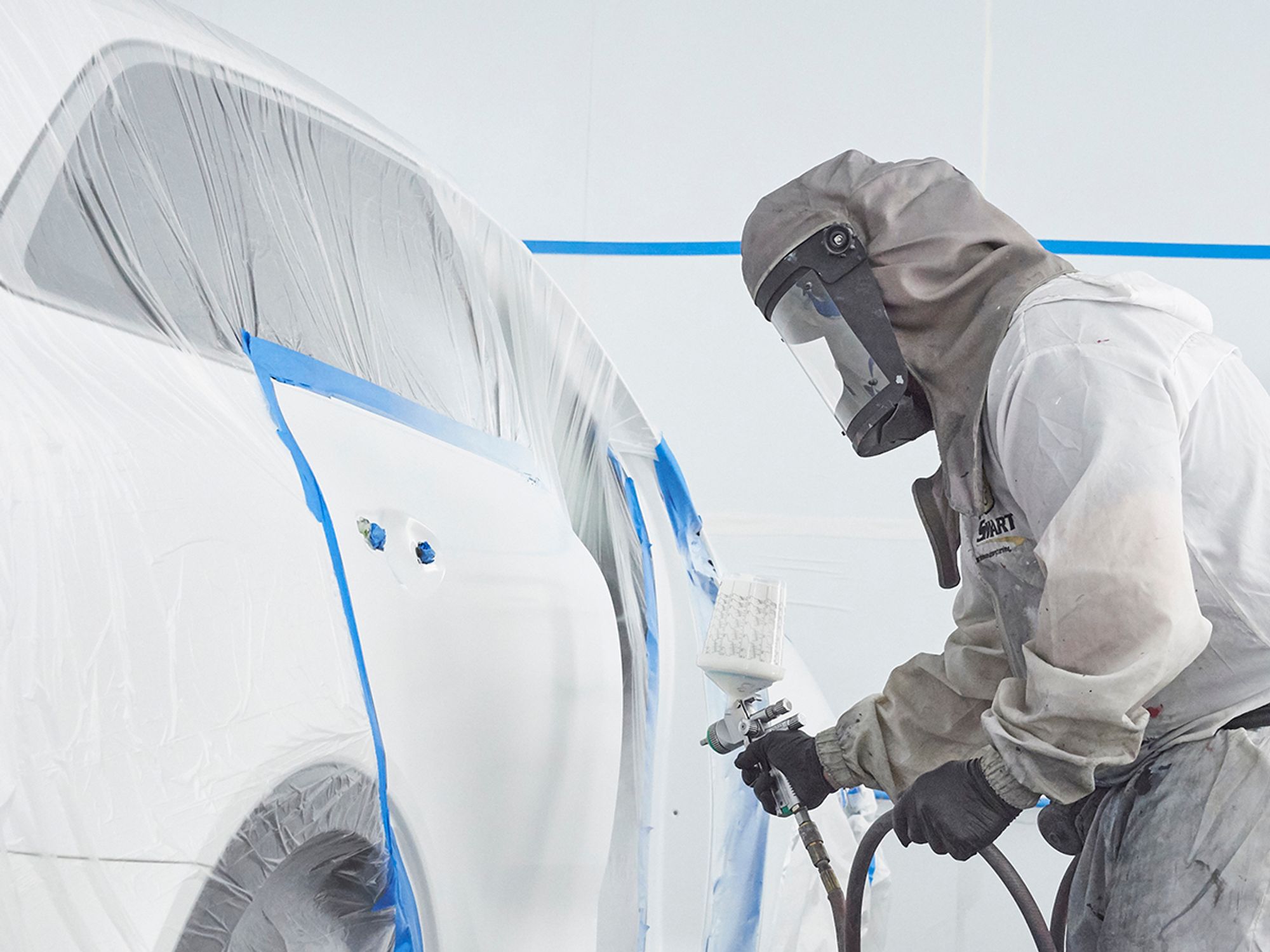Air programs

Air regulations apply to emissions from factories, power plants, heavy-duty equipment, various industrial activities, small businesses, and mobile sources (cars, trucks, ships, airplanes, and off-road vehicles). Air permitting can be technical, complex, expensive, and have oversight from multiple agencies, at the federal, state, and local levels. To top it off, air regulations change frequently. Because of this challenging complexity, many facilities hire full-time environmental professionals to comply with the various estimating, monitoring, permitting, and reporting requirements of the Clean Air Act (CAA).
The CAA is the U.S. federal law designed to protect people and the environment from air pollution. First enacted in 1970, the CAA was amended in 1977 and 1990 to address the protection of the ozone layer, reducing acid rain and toxic pollutants, and improving air quality and visibility.
Summary of air program requirements
- Know if the company is a major stationary source or an area source of air emissions of any air pollutant.
- Inventory processes for possible air emissions and work with the state air permitting agency for the permits that may apply to the company.
- If the company is planning to build a new facility, make major modifications, add equipment or change processes that could increase air emissions, contact the state to apply for preconstruction permits.
- If the company owns a commercial motor vehicle or transportation-related company, understand the regulations that apply to mobile sources, including state-specific fuel efficiency rules.
- Operate within permit limitations to avoid enforcement actions.
- Refineries and fuel suppliers, gas stations, and other motor fuel-related industries must understand the laws relating to emissions and to renewable fuels.
- If the company has refrigerating equipment or are a refrigerator/air conditioner technician, be sure to know the regulations for ozone-depleting substances.
